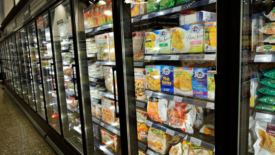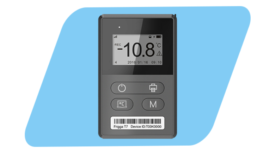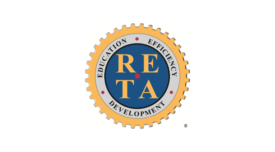Temperature Control/Cold Chain
The cold chain describes the management of food-specific storage temperatures for perishable foods to maintain safety and quality from the point of origin through the distribution chain to the consumer.
ARTICLES
Digital Transformation of Foodservice: Potential Contributing Factors for Foodborne Illness Outbreaks
The integration of technology to meet higher demands on the foodservice business due to the large number of digital orders also offers significant opportunities to enhance food safety
April 15, 2024
BIZTRACKS
Grocery Retailer Digitizes Entire Poultry Cold Chain, Enables Traceability Using IoT
December 1, 2022
Never miss the latest news and trends driving the food safety industry
eNewsletter | Website | eMagazine
JOIN TODAY!Copyright ©2024. All Rights Reserved BNP Media.
Design, CMS, Hosting & Web Development :: ePublishing









